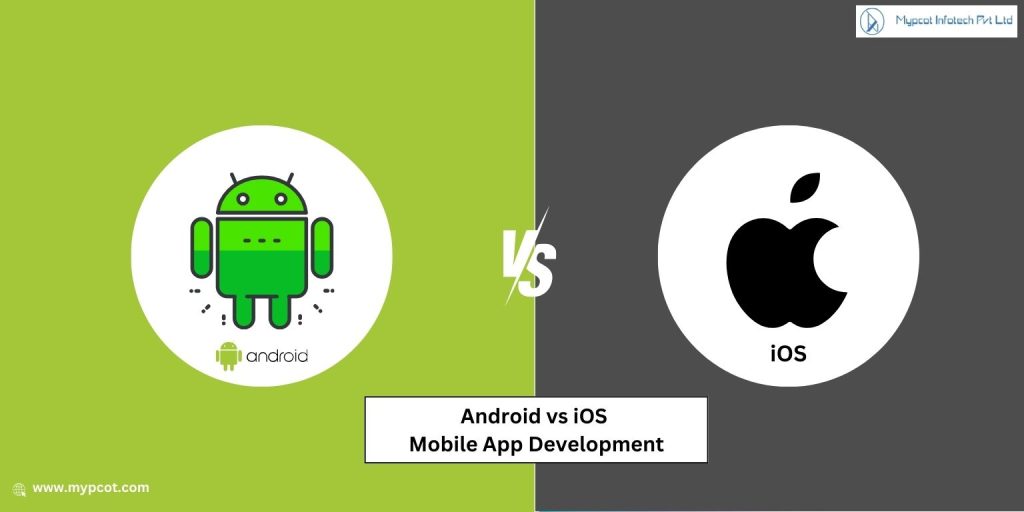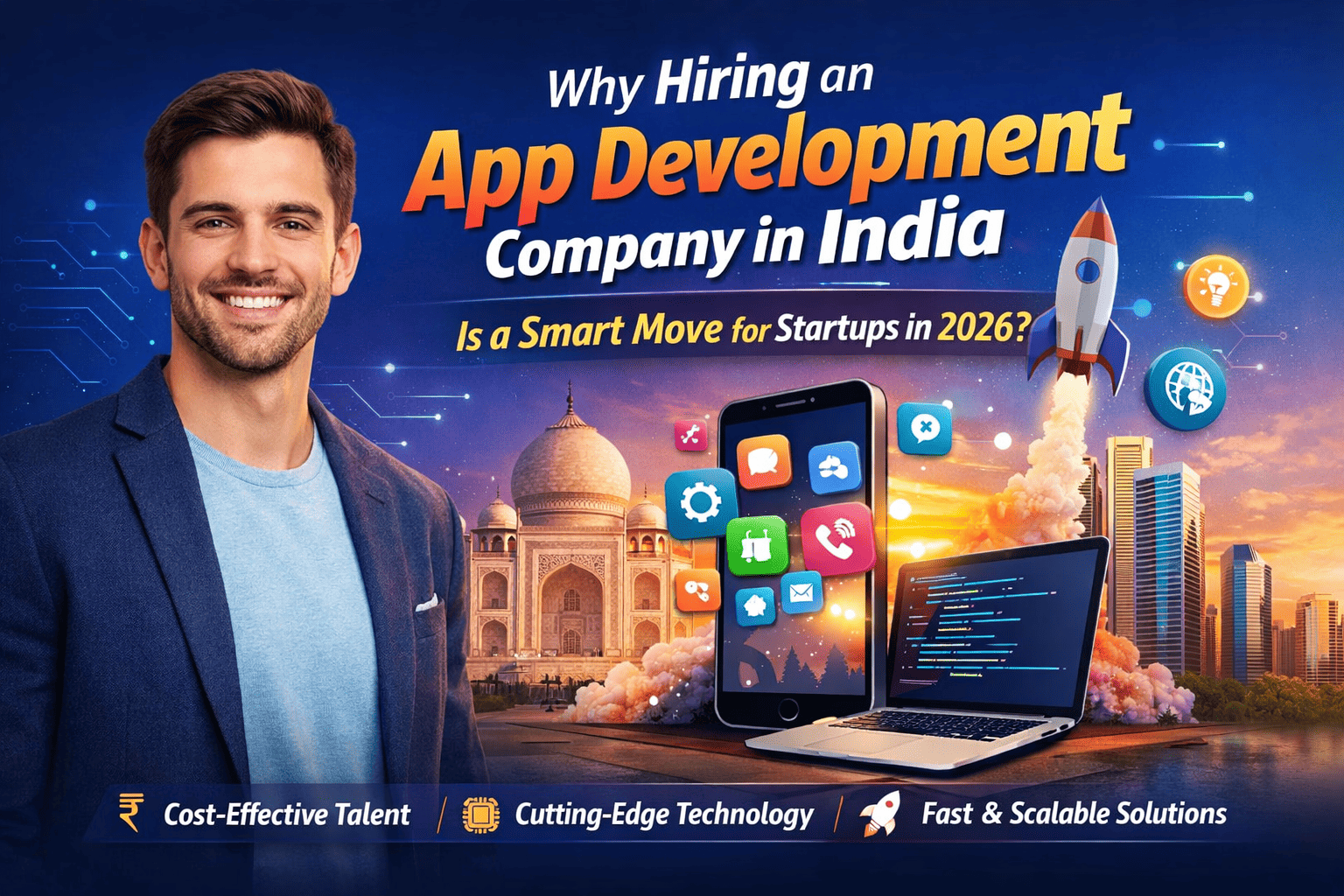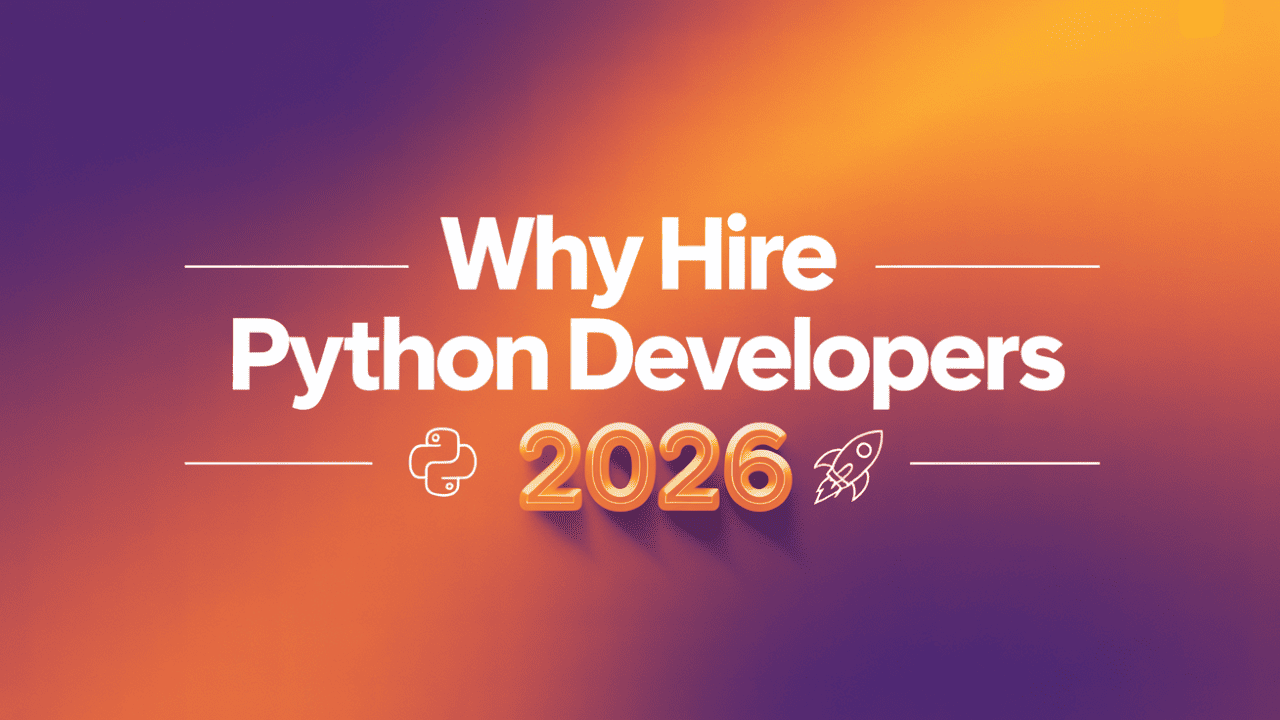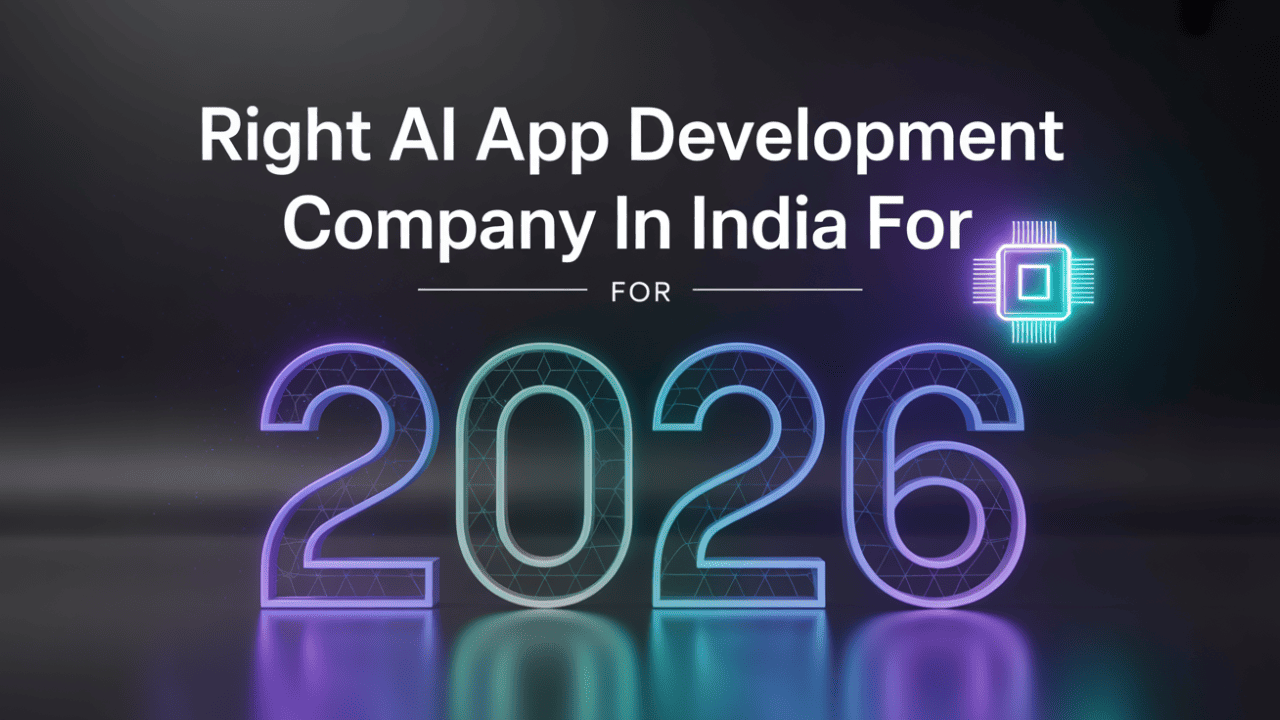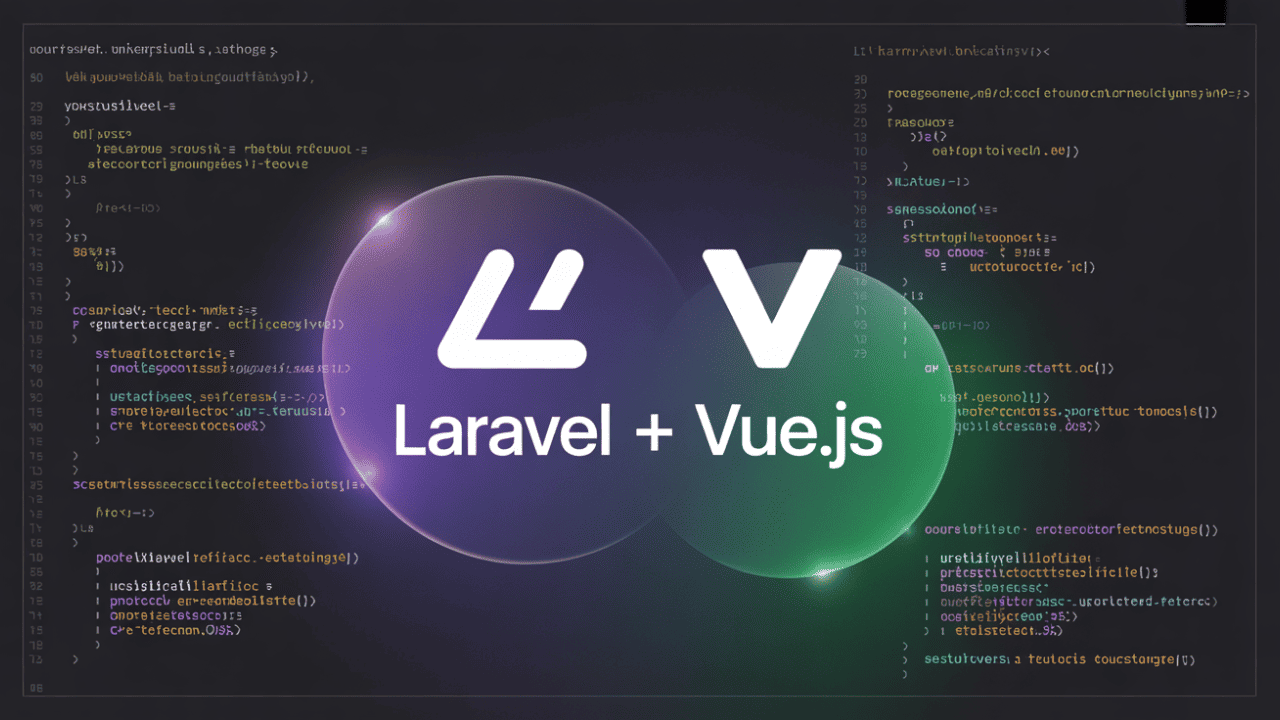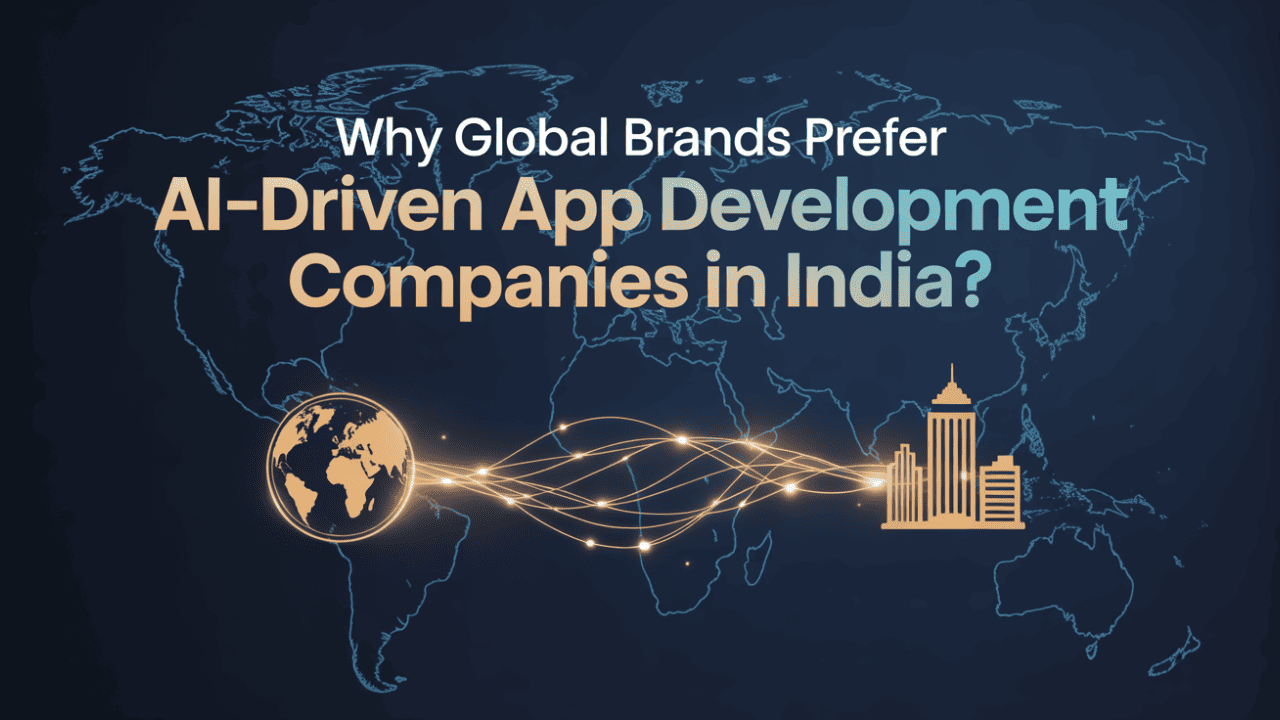Android vs iOS, the debate never goes off and it has again come to your screens but with a twist. This time, it’s developer specials- Android vs iOS app development.
We all know how mobile applications are ruling the digital market. They are the backbone of today’s smartphone industry. But when you see this scenario from a developer’s perspective, you get a chance to see the hidden business layers behind the curtains.
The mobile application industry is huge with only growth in future but the question is still here for developers. How do you choose the right mobile development platform?
Should they go with Android or iOS?
It should be a point of discussion as one decision will change your audience reach, uses, and future potential for maximum profits.
In this blog, we are going to discuss the Android vs iOS app development confusion and its solutions.
Stay tuned!
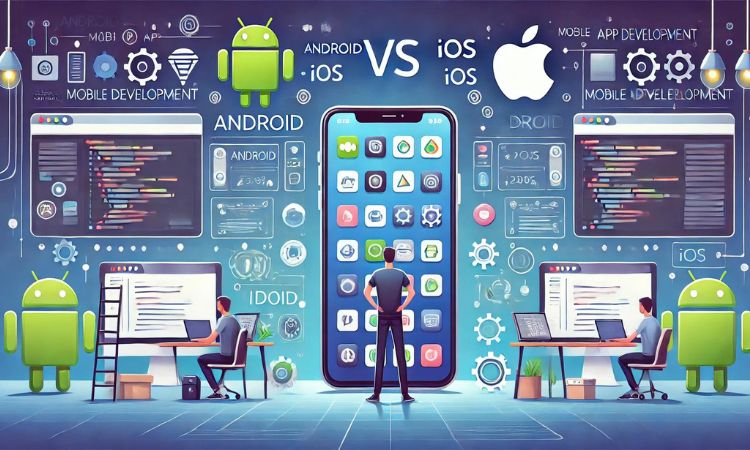
Table of Contents
ToggleWhat is an Android App?
First, let’s decode Android. Android is Google’s open-source mobile OS which lets you customise your mobile usability as you like. Android powers a majority of smartphones all around the globe, catering to people of different ages, races, and with different economic conditions. What makes Android special is its flexibility which allows you to do the utmost customization to your phone.
Now, any app developed to run on Android OS is an Android app.
- Android apps are distributed through the Google Play Store which are available to all devices for free.
- The open-source nature offer allows more customization options.
- They cover a wide range of devices.
- Android OS uses Java & Kotlin programming languages.
What is an iOS App?
Apple’s iOS is a closed proprietary operating system which offers smooth performance and utmost security to its users. This OS is exclusively for different devices from Apple such as iPad, iPod Touch, and iPhone.
The controlled environment of iOS offers better security which a wide segment of people appreciate. The iOS acts as a nervous system for all your Apple devices, keeping them connected on the same technological ground.
Now, any app designed & developed to run on iOS is an iOS app.
- iOS apps are available only on Apple’s ecosystem.
- A limited range of devices brings consistency to iOS APPS.
- iOS apps are known for their high-end security.
- They need Objective-C and Swift programming languages.
Understanding the Difference Between Android VS iOS App Development:
When deciding between Android and iOS for your app development, it’s essential to understand the key differences between the two platforms. Each comes with its own set of advantages and challenges, depending on the project’s goals, budget, and target audience.
Below, we break down the major differences between Android and iOS app development to help you make the best choice for your business.
| Criteria | Android | iOS |
| Complexity Level | Higher | Lower |
| Programming Languages | Java, Kotlin | Swift, Objective-C |
| Design Guidelines | Vibrant & Dynamic Designs | Clean & Minimalists |
| Hardware Requirement | Variable, Depends on the device spectrum | Consistent, need a Mac for development |
| Development Cost | Lower | Higher |
| Developer Resources | Open Source Community from Google | High-Quality Resource from a closed environment |
| App Distribution and Monetization | Google Play Store & Others | Apple Play Store only. |
| ROI | Broader Reach, Varied ROI | Higher Revenue per User. |

Advantages of Developing an Android App:
Here are some advantages for creating an Android App:
- Android app development costs less than iOS app development.
- This OS offers vast customization options to developers.
- Run on a wide range of devices of different sizes & technology.
- Android has diverse distribution channels to reach users.
Advantages of Developing an iOS App:
Learn about the advantages of iOS app development:
- iOS development offers you higher revenue potential.
- Your development process & final product get superior security.
- They let you create a loyal user base.
- Developers face fewer device optimization issues due to fewer supporting devices.
Also Read: Importance of User-Centric UI/UX Design for Mobile Apps
How to Choose the Right Mobile App Development Platform?
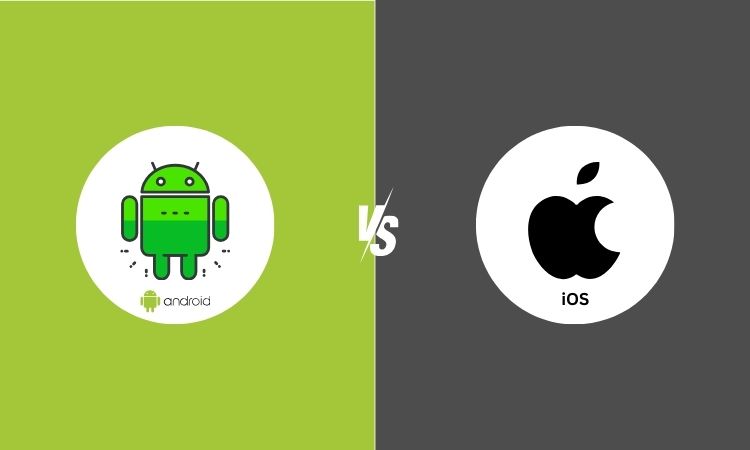
Consider the following factors in choosing the right mobile app development platforms:
1. Target Audience:
The first & most important factor will always be your target audience. Before opting for a developer, understand the nature of your target audience. But how? The two most important factors to consider are as below:
- Geographic Location:
If you are targeting developed countries such as the UK, US, and Canada, iOS may be a better option for you to start your development.
If you’re targeting the global market including developing countries & emerging marketplaces, Android will bring you a better deal.
- User Demographics:
iOS users are more into security & can use luxury apps. On the other hand, Android users opt for affordability & customization of their smartphones.
2. Budget:
Now, consider your budget and see whom they are a great fit for.
- Development Costs:
Having an open-source development resource, Android app development will always be lower than iOS app development. This is specifically due to the need for a licence & strict guidelines from Apple.
- Maintenance Costs:
While the Android apps seem like a better deal, their maintenance can cost you hundreds of dollars multiple times whereas due to the consistency of devices & closed environment development, iOS apps offer lower maintenance costs in the long run.
3. Revenue Model:
iOS apps earn through the in-app purchase model whereas Android apps earn through the Ad-based model. Decide what model is best suited to your vision.
4. Project Timeline:
Android app development takes a longer time as it needs optimization across a variety of devices. On the other hand, iOS development needs optimization for a lesser number of devices, offering a quick development period.
5. Long-Term Goals:
Focus on your long-term goals and design your approach for so.
If you envision a premium audience, close to a single environment, and a loyal user base, go for iOS development.
If your long-term goal is to reach a large audience quickly, select Android development.
If you want to know how to choose the best mobile app development company then click on this link to learn more.
Conclusion:
In this blog, we have discussed Android vs iOS app development, and how differently they cater to you, giving you two completely different scenarios.
Android app development is for you if you want to:
- Save your initial cost.
- Reach to a wider audience.
- Serve the global market including the rising market.
iOS app development is for you if you want to:
- Create a luxury product.
- Reach specific audiences from developed countries.
- Want to create a loyal user base in the long-run.
If you are a business owner and want to create an app for users, start crafting your Ideal Customer Profile as well as your long-term plan. In the blog, we have suggested some points to consider. Follow that.
And if you’re looking for the best mobile app development company in Mumbai, reach out to Mypcot. Let’s discuss your vision and how we can leverage our technical excellence to develop it. While based in Mumbai, we offer our services across India and globally, delivering innovative mobile app solutions that meet your business needs.
FAQs:
1. Which platform is cheaper to develop for, Android or iOS?
The Android app development costs less than the iOS app development. However, this is for the estimated initial development cost. On the contrary, Android apps need more optimization as well as maintenance which may cost more than iOS app development.
2. Which platform generates more revenue?
iOS apps generate more revenue with an in-app purchase model.
3. Can I develop for both Android and iOS simultaneously?
Yes, you can but you have to use cross-platform frameworks such as React Native or Flutter. These platforms allow you to write code once and deploy them to both platforms.
4. What are the benefits of cross-platform app development?
The benefits of using cross-platform app development are as follows:
- Faster development
- Cost-effective
- Wider reach
- Consistent user experience.
- Easy maintenance
- Access to native features.
- Rapid prototyping
- Future-proofing.
5. How long does it take to develop an Android or iOS app?
For Android:
- Basic App: 2-4 Months
- Medium-Capacity App: 4-7 Months
- Complex App: 7-12+ Months.
For iOS:
- Basic App: 1-3 Months
- Medium Capacity App: 3-6 Months
- Complex Apps: 6-8+ Months

